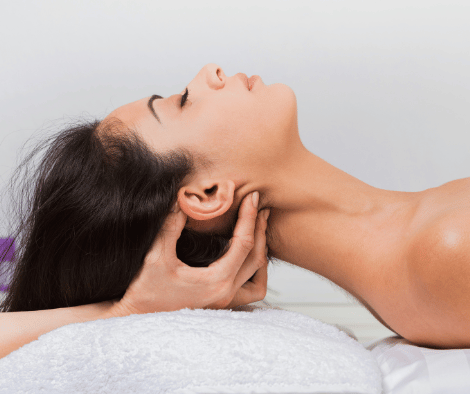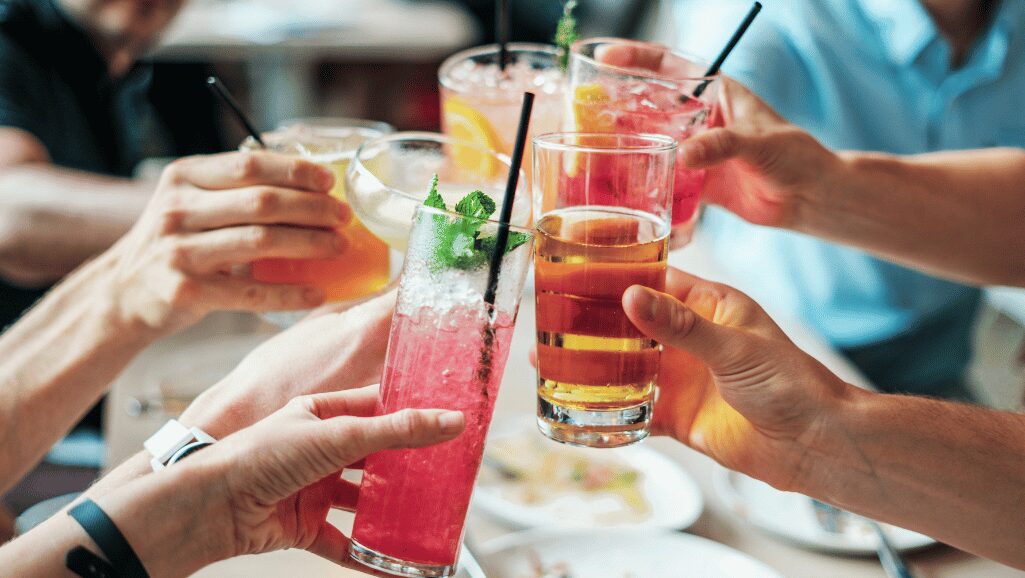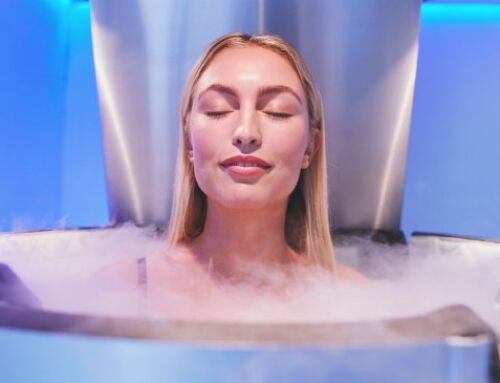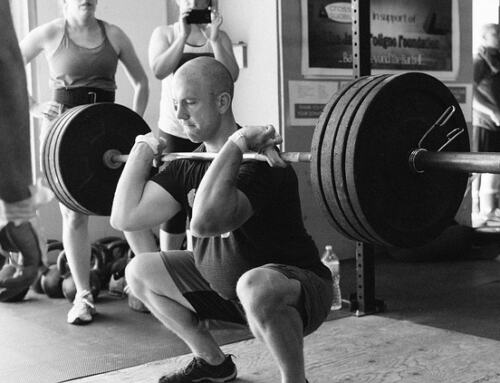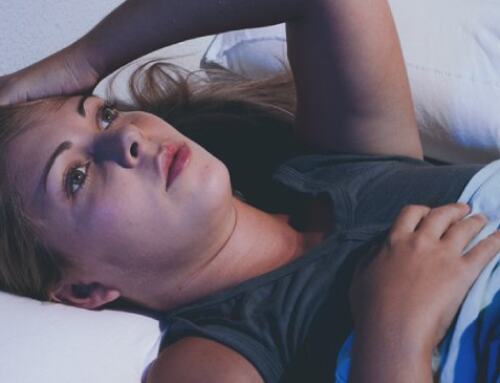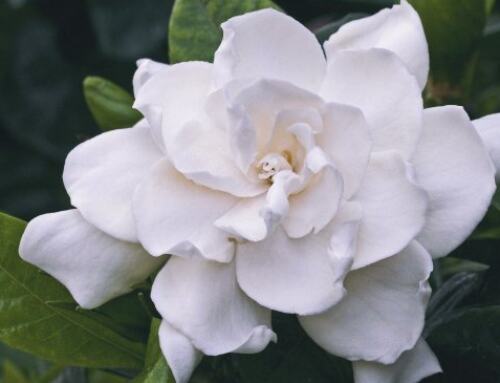Are you noticing more hair in your brush or shower drain lately? You’re not alone. Many of us face the challenge of hair thinning or loss at some point. But did you know that what you eat can play a big part in the health of your hair? Yes, it’s true! Like the rest of your body, your hair needs a mix of nutrients to grow and stay strong.
Keep reading to find out the best foods that can help stop hair loss and promote strong and healthy hair growth. We won’t just list the foods; we’ll explain why they’re good for your hair and how they work to keep your locks looking lush. Whether you’re trying to prevent further hair loss or simply want your hair to look its best, understanding the link between your diet and hair health is a great place to start.
So grab a snack (maybe one that’s good for your hair!), and let’s discuss how you can eat your way to better hair. It’s not just about looking good; it’s about feeling good and giving your body what it needs to support all aspects of your health, including your lovely locks!
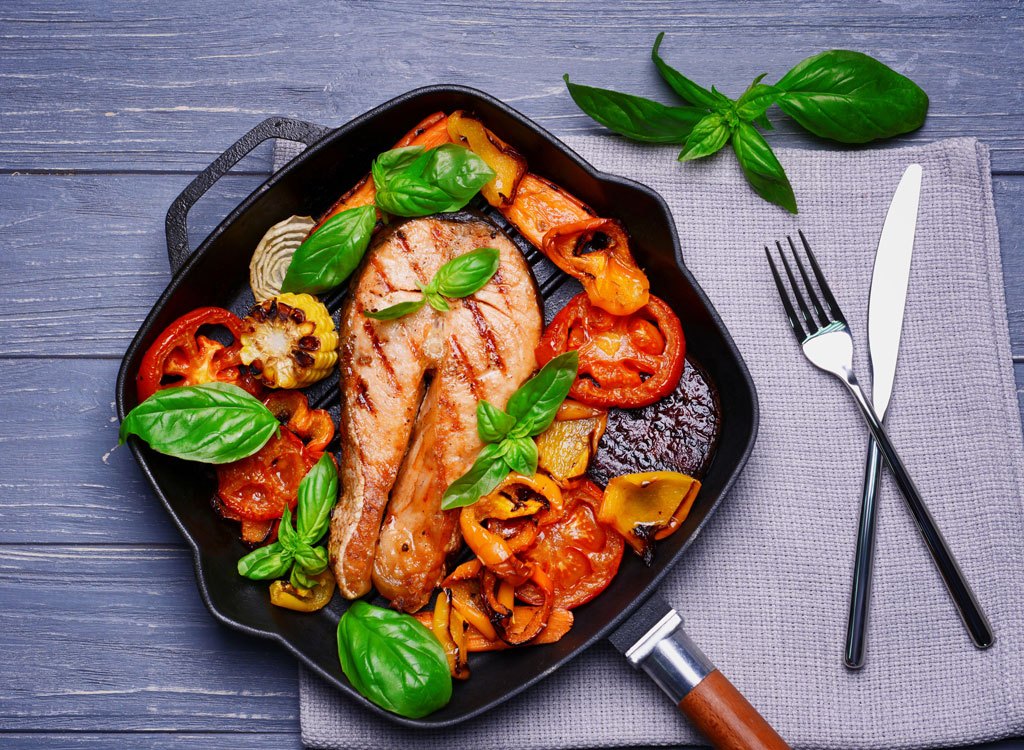
Understanding Hair Loss
What is Hair Loss?
Hair loss, in its extreme form known as alopecia, isn’t just about losing a few strands here and there. It’s when you lose significantly more hair than usual, which can happen to anyone. This isn’t just about finding a few hairs on your pillow; it’s a noticeable thinning or balding that can affect your overall appearance and confidence. Common causes include genetics, hormonal changes, medical conditions, stress, and even certain hairstyles that pull too tightly on the hair. While it’s a natural part of aging for some, others experience it earlier and more aggressively.
The Role of Nutrition To Promote Hair Growth
Just like your skin and nails, your hair reflects what’s going on inside your body. Think of your hair like a garden; how well it grows depends on what’s happening underground. That’s where nutrition comes in. Your hair follicles are alive and need the right mix of nutrients to produce healthy hair.
- Protein: Hair is primarily made of a protein called keratin. Without enough protein, your hair can become weak, brittle, and grow slowly.
- Iron: This mineral is crucial for hair growth. Low levels can lead to anemia, a common cause of hair loss.
- Vitamins A and C: help produce sebum, your scalp’s natural oil, keeping hair naturally conditioned and healthy.
- Biotin: A part of the vitamin B family, biotin is associated with hair growth. Deficiencies, though rare, can lead to loss of hair.
- Omega-3 Fatty Acids: These fats keep your hair shiny and full. The body does not make them, so you need to get them from your diet.
A balanced diet rich in these nutrients can help your hair follicles produce the healthiest hair possible. Remember, the results won’t be overnight. Just like a healthy diet benefits your body over time, your hair will improve gradually as you consistently eat well. So, let’s get ready to fill your plate with hair-loving foods! [20 Foods for Stronger Hair]
The Best Foods To Prevent Hair Loss
Good news! You can help your hair from the inside out. The right foods can be powerful allies in your quest for a fuller, healthier mane. Let’s explore some of the best options.
Protein-Rich Foods For Hair Strength
Meats, Eggs, and Dairy: Benefits of Protein for Hair Strength
Protein is the building block of hair, so it’s no surprise that meats, eggs, and dairy, which are packed with protein, are excellent for reduced hair loss. Here’s how they help:
- Meats: Chicken, turkey, and lean cuts of beef provide iron with protein. This combination is particularly potent as the iron in meat is easily absorbed by the body, promoting healthy hair growth and helping prevent hair loss.
- Eggs: A superfood for hair, eggs are rich in protein and biotin, a vitamin essential for hair growth. Including eggs in your diet can contribute to stronger, more resilient hair.
- Dairy: Milk, cheese, and yogurt are great sources of protein and also offer other hair-friendly nutrients like biotin, vitamin D, and calcium. These contribute to hair strength, potentially reducing hair fall and promoting the rate of hair growth.
Vegetarian Options: Plant-based Sources of Protein
Worried about getting enough protein for your hair on a plant-based diet? Don’t be! There are plenty of vegetarian-friendly options:
- Legumes: Lentils, chickpeas, and beans are not only protein-rich but also packed with iron and biotin, all of which support hair growth and strength.
- Nuts and Seeds: Almonds, flaxseeds, and chia seeds are great snacks that offer omega-3s, zinc, and selenium, in addition to protein, helping grow hair.
- Tofu and Soy Products are excellent sources of protein and offer isoflavones, compounds that can mimic estrogen, potentially promoting hair growth, especially in post-menopausal women.
Incorporating a variety of these protein-rich foods into your diet can contribute significantly to the strength and health of your hair. Remember, a diverse diet will benefit not only your hair but your overall health, too. So, enjoy mixing and matching these tasty options and watch your hair thank you for it!
Omega-3 Fatty Acids To Keep Your Hair Healthy
Omega-3 fatty acids are like a splash of hydration and nourishment for your hair. They’re essential fats that your body can’t make alone, so you need to get them from your diet. Let’s examine how they benefit your hair and where to find them.
Fish and Seafood: How Omega-3s Keep Your Scalp and Hair Healthy
Fish and seafood are some of the best sources of omega-3s. Here’s how they help:
- Salmon, Mackerel, and Sardines: These fatty fish not only have high omega-3 content but also pack a good dose of protein and antioxidants. Omega-3s from these sources can help open up the hair follicles, promoting hair growth, and ensuring that the scalp stays healthy.
- Scalp Health: Omega-3s have anti-inflammatory properties, which can help prevent scalp issues that might lead to hair loss. A healthy scalp is the foundation of healthy hair growth.
- Hair Moisturized and Shiny: Omega-3s help maintain the natural oil production in the scalp, keeping your hair moisturized and shiny. Dry, brittle hair is more prone to breakage, so these fats help keep your strands resilient.
Nuts and Seeds: Plant-based Sources of Omega-3s
Not a fan of fish? No problem! You can still get your omega-3s from plant-based sources. Here’s where to look:
- Flaxseeds and Chia Seeds: Sprinkle these on your yogurt, salads, or smoothies. They’re rich in omega-3s and fiber and protein, making them a hair care powerhouse.
- Walnuts: These nuts are a snackable source of omega-3s, plus they have biotin, vitamin E, and copper, which keep your hair color rich and lustrous.
- Hemp Seeds: Another excellent plant-based omega-3 source, hemp seeds also provide a good amount of protein and zinc, crucial for improving hair growth.
Incorporating these omega-3-rich foods into your diet can significantly contribute to the strength and luster of your hair. Whether you prefer seafood or plant-based options, getting enough omega-3s can help ensure your hair is as healthy as possible, from the scalp to the tips. So go ahead, add some of these nutritious foods to your next meal, and give your hair the love it deserves!
Embrace a Holistic Approach for Healthier Hair
As we’ve explored, hair health and growth are about more than just choosing the right shampoo; they involve a holistic approach that includes a nutrient-rich diet, understanding genetic factors, managing stress, and practicing gentle hair care. Each strand of your hair tells a story about your overall well-being, and by paying attention to the foods you eat and the lifestyle choices you make, you can ensure that the story is one of health and vitality.
Remember, while you can control factors like diet and hair care practices, some elements, like genetics, are out of your hands. The key is to focus on what you can influence to improve your hair’s health and appearance. Incorporating a variety of the best foods for hair growth, avoiding those that may cause harm, and considering other aspects of your health and lifestyle can make a significant difference in your hair’s strength, growth, and shine.[7 Essential Oils for Hair]
Schedule Your Relaxation Journey at Body Ache Escape
While you nourish your hair from the inside out, don’t forget the importance of reducing stress in your overall health and hair care routine. At Body Ache Escape, we understand the impact of stress on your body and mind, including your hair. That’s why we invite you to schedule an appointment with us and experience the profound relaxation and rejuvenation a massage can offer. Let our skilled therapists provide you with a peaceful escape, helping to reduce your stress levels and promote a sense of well-being that radiates from the inside out.
Take the next step in your journey to healthier hair and a more relaxed you. Visit Body Ache Escape today and schedule your appointment. Your hair, body, and mind will thank you.
